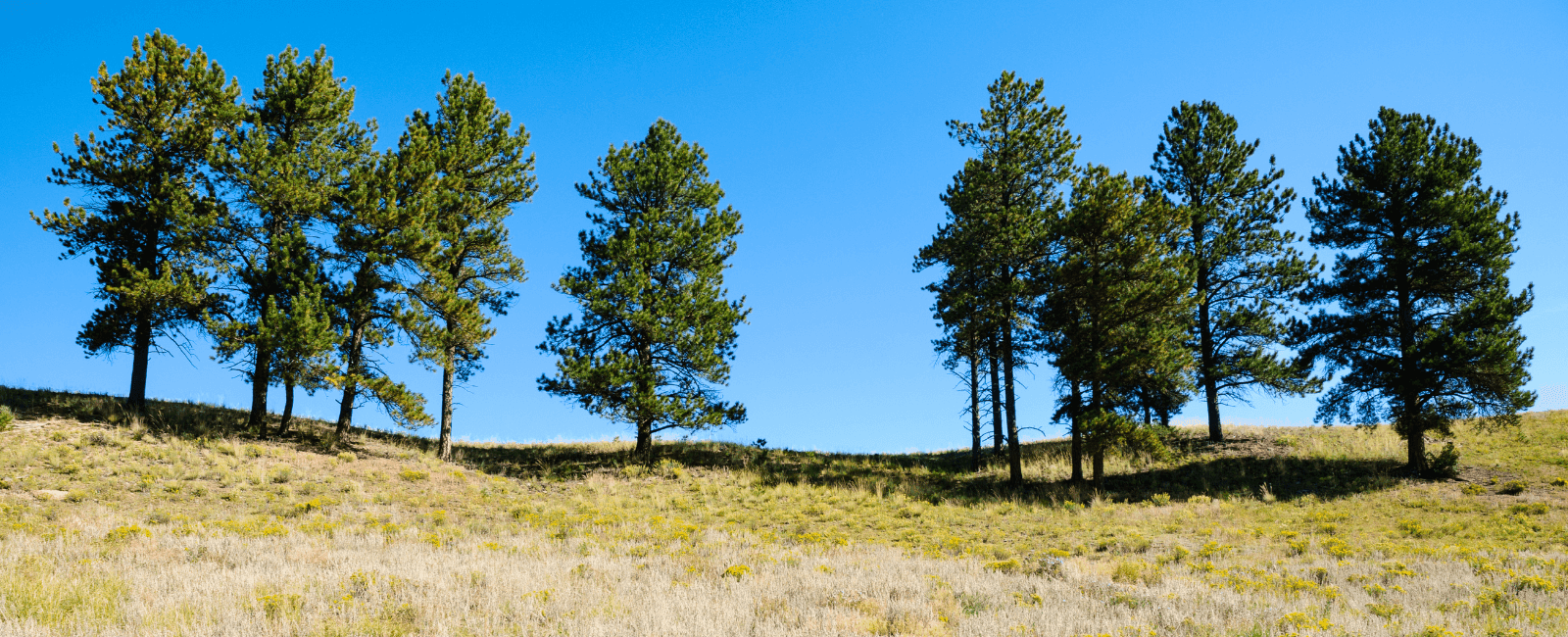

Estella Bergere Leopold, an American conservationist and paleoecologist, recently passed away in a Seattle retirement home at the age of 97. Her studies on fossilized pollen and spores have significantly advanced our understanding of ancient ecosystems, allowing scientists to better understand how climates and environments have shifted over millennia. Leopold’s legacy and dedication to environmentalism have inspired generations due to her advocacy for environmental protection and contribution to conversationalist policies.
Early life and education
Estella Leopold was born on Janurary 8, 1927 in Madison, Wisonsin. Her father, Aldo Leopold, was a renowned ecologist and author, best known for his book “A Sand County Almanac.” When she was eight, her father purchased an old farm alongside the Wisconsin River, which they affectionately nicknamed ‘the shack.’ At the Leopold shack, she and her family worked on restoring the soil and bringing back native plants to the area. Because she was exposed to the principles of ecology and conservation from a young age, Estella developed a keen interest in the sciences early on, which set the stage for her future research contributions.
In 1948, she graduated with a botany degree from the University of Wisconsin. Then, in 1950, Leopold obtained a master’s in botany from the University of California, Berkeley. Five years later, she received her botany Ph. D. from Yale University, studying alongside notable ecologists Paul B. Sears, G. Evelyn Hutchinson, and Edward S. Deevy. During her time at Yale, she started to specialize in studying pollen as a result of a dare from one of her advisors. Her thesis explored the history of New England’s forests, using pollen and spore analysis from peat deposits. Unbeknownst to her at the time, this specialty would become the cornerstone of her future career.
Career and contributions
Following her education, Leopold began her career with the U.S. Geological Survey (USGS), dedicating over two decades to researching ancient ecosystems. At the USGS, she utilized her expertise in palynology, using pollen analysis to reconstruct environmental histories and inform conservation efforts. Leopold studied pollen from across the globe to chart the evolution of plant communities in response to geological changes like mountain foundation, volcanic activity, and climate change over the last 65 million years. She also conducted research on coral atolls, which played a major role in validating Charles Darwin’s theories on vegetative evolution.
While in Colorado, Leopold became interested in the 34 million-year-old fossils located Southwest of Denver in the Florissant Valley. Along with ecologist Betty Willard, Leopold led field trips to show people the area. After discovering that the area was planned to be converted into a real estate development, she became a leader in the conservation efforts to protect the region harboring so many rich and invaluable fossil records. With the help of New York attorney Victor Tannacone and future Colorado Governor Richard Lamm, Leopold and her colleagues won one of the first environmental lawsuits in the nation, securing a restraining order that ultimately led to the creation of the Florissant Fossil Beds National Monument.
Leopold’s conservation efforts also included actively opposing oil shale projects in Colorado, playing a pivotal role in preventing dam construction in the Grand Canyon, and being instrumental in stopping the transport of nuclear materials through the Strait of Juan de Fuca and Puget Sound in Washington.
Between 1976 and 1982, Leopold was the director of the Quaternary Research Center at the University of Washington, Seattle. There, she continued her research in paleoecology and paleobotany in the Western U.S. and similar regions in China.
Legacy and impact
Leopold received a plethora of notable awards to commemorate all of her achievements as an environmentalist. In 1969, the Colorado Wildlife Federation recognized Estella Leopold with the Conservationist of the Year Award. Then, in 1974, at the age of 48, she was elected to the National Academy of Sciences, joining her brothers Luna and Starker Leopold. Decades later, in 2010, Leopold was honored with the International Cosmos Prize for her significant contributions to environmental science and conservation.
Using a portion of her Cosmos award prize money, Estella and her siblings founded the Aldo Leopold Legacy Foundation in Baraboo, Wisconsin. The foundation aims to uphold their father’s dedication to “the land ethic,” a philosophy that emphasizes the relationship between people and their environment and advocates for stewardship and sustainable use of natural resources.
Despite retiring in 2000, Estella Leopold continued with her research and published several scientific papers, articles, and books. Her passion for preserving nature and protecting the environment prevailed until her very last breath.
Estella Leopold’s legacy goes beyond her career and prestigious awards. She was a mentor and inspiration for future generations of scientists, particularly women in STEM. Leopold not only followed in her father’s footsteps but also forged her own path, as her commitment to education and advocacy influenced public policy and sparked a broader societal recognition of the importance of environmental conservation. Her story is a powerful reminder of the role that each of us can play in protecting our planet since our collective future relies on our commitment to environmental stewardship today.


